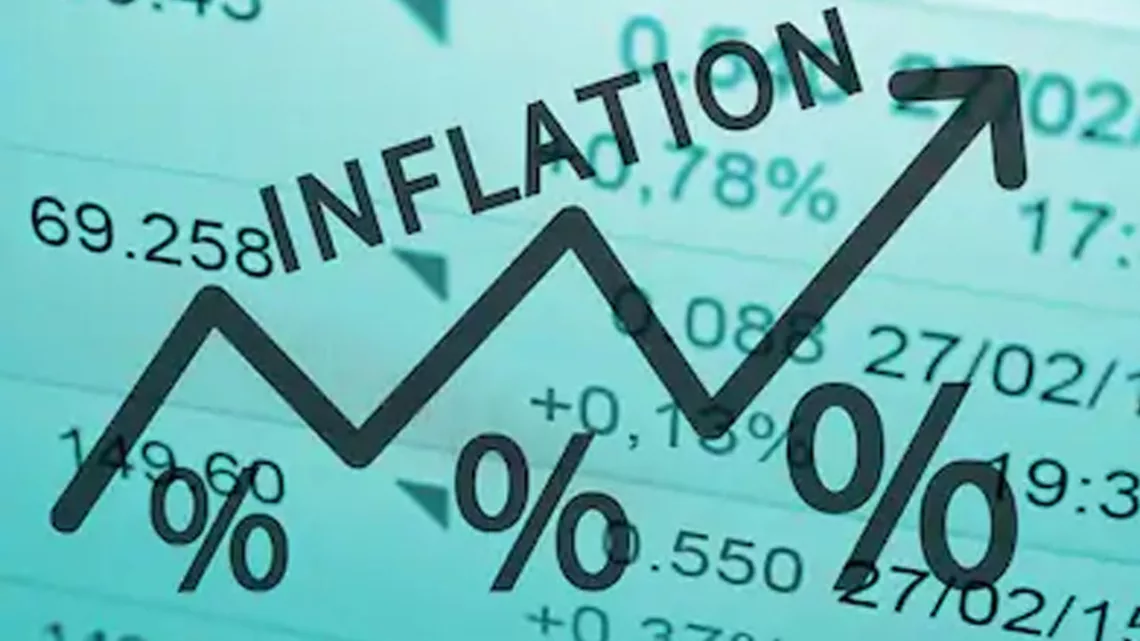At 33.20 per cent rate of inflation, the anticipation to further increase Nigeria’s primary lending rate seems rife as the monetary authorities continue to shore up commitment to reduce inflation.
With inflation at such a high rate, increasing the primary lending rate in Nigeria might seem counterintuitive at first glance. However, there are several reasons why such a move could be beneficial in the long term.
Firstly, a higher lending rate can help curb inflationary pressures by reducing the amount of money in circulation. When interest rates are raised, borrowing becomes more expensive, leading to decreased spending and investment. This slowdown in economic activity can help dampen demand-side inflationary pressures.
Secondly, increasing the lending rate can help stabilize the currency. High inflation erodes the value of a currency, leading to depreciation. By raising interest rates, the Central Bank can attract foreign investment seeking higher returns, which can help support the value of the currency.
Thirdly, a higher lending rate can incentivize saving over spending. In an environment of high inflation, people are often motivated to spend rather than save, as holding onto cash means losing purchasing power. By offering higher returns on savings through increased lending rates, individuals are encouraged to save more, which can help mitigate inflationary pressures.
Moreover, raising the lending rate can demonstrate the Central Bank’s commitment to controlling inflation. Inflation expectations can become self-fulfilling if people anticipate further price increases and adjust their behavior accordingly. By signaling a commitment to price stability through a higher lending rate, the central bank can help anchor inflation expectations and prevent a spiral of rising prices.
However, it’s essential to consider the potential downsides of increasing the lending rate, particularly in an economy like Nigeria’s, where access to credit is already limited, and many businesses rely on borrowing for investment and expansion. Another round of increase in interest rates could stifle economic growth and exacerbate unemployment.
Therefore, any decision to increase the lending rate should be carefully calibrated, taking into account the broader economic context and potential trade-offs. Additionally, complementary measures, such as targeted fiscal policies and structural reforms to address supply-side constraints, may be necessary to address the root causes of inflation and promote sustainable economic growth.





